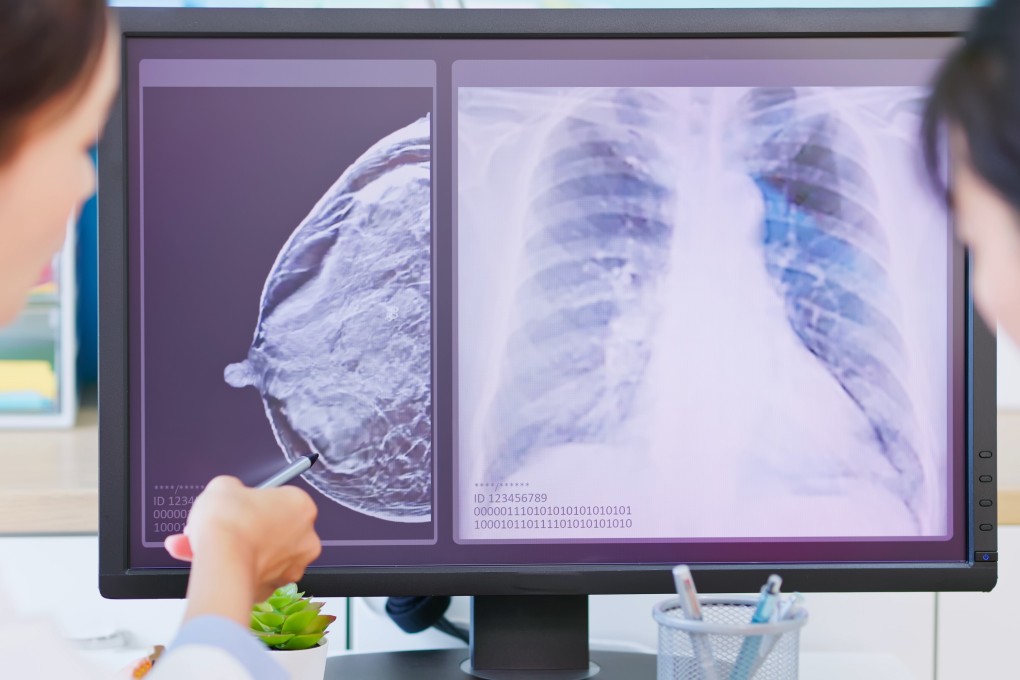The future of cancer treatment: better tests, new drugs and more accurate identification of risk groups all needed, 2 experts say
- Better identifying who is a cancer risk and moving beyond detection to prediction may lead to more beneficial patient outcomes, Dr Siddhartha Mukherjee says
- We need to have the confidence to run new drugs, move on to the next one if they don’t work and drive forward new drugs with value, Dr Laura Esserman says

For the past three decades, cancer researchers have focused on finding carcinogens – agents that cause cancer – but have not discovered as many as they thought they would.
Smoking was discovered to be carcinogenic back in the 1950s, and obesity became a focus in the 1990s. Alcohol use and exposure to substances such as asbestos in the workplace have also been found to cause cancer.
But there have been few other discoveries.
That’s all according to Dr Siddhartha Mukherjee, author of the book The Emperor of All Maladies: A Biography of Cancer (2010), who was speaking at a recent healthcare summit organised by the Boston-based media company Stat.
“In the 1990s and 2000s, there was the idea that we would be discovering hundreds of preventable carcinogens that impacted cancer – but we haven’t,” Mukherjee said.
“We haven’t really found preventable carcinogens which have a major impact on cancer.”
